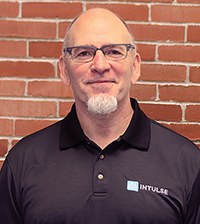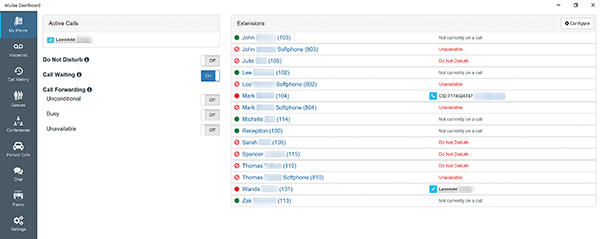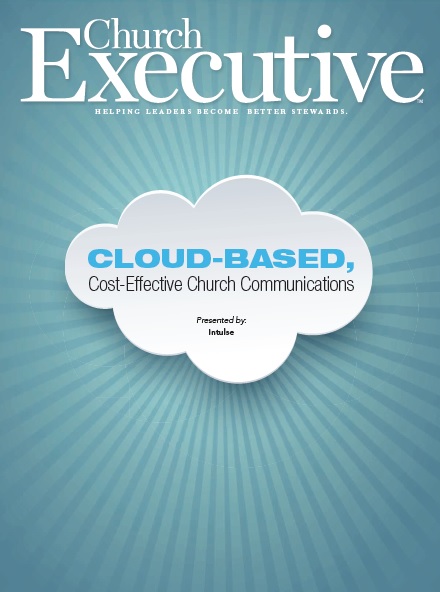
As your church expands to multiple locations and campuses, your communications platforms should grow, too — particularly your phone system.
Unfortunately, however, this is often an afterthought.
Here, Keith Goodling, Chief Strategy Officer at Intulse, walks you through the process.
When multisite churches expand, do they typically reestablish their current phone system, or do they opt for a different system?
Goodling: The new site for acquisition is typically looked at as its own business unit that needs specific local utilities, including internet, a phone service, and possibly a phone system. The exception to that rule are the churches already using the cloud — especially with regards to a phone system. These folks are in great shape to simply add the necessary quantity of handsets and/or phones to their current solution. The new campus simply becomes an extension of the main campus.
What are some common struggles churches might face with their existing phone systems when they decide to add new locations and/or campuses?
Goodling: Those using a traditional model of phone service delivered via copper wires, or those using an expensive on-premise PBX solution, end up with redundant costs. They also might have an expensive hardware investment with the new campus, and no ability to transfer calls or communicate efficiently between the locations. Each campus becomes a unique and isolated unit.
 Cost-wise, if a church is planning on expansion in the future, what phone system provides the best stewardship of their funds?
Cost-wise, if a church is planning on expansion in the future, what phone system provides the best stewardship of their funds?
Goodling: The hosted cloud VoIP solution is the strongest candidate, in my experience and opinion. Initial setup costs are much lower for not only the expansion campus, but the main location as well. The monthly recurring fees for the system, service and support are fixed and predictable. Expansion is as easy as adding users, and this cost is known in advance.
What is the learning curve like for adding any new systems? Is there a correlation between cost and ease-of-use?
Goodling: An expensive-capital-investment, on-premise solution will require someone on staff to know how to configure, manage, maintain and troubleshoot the on-

premise phone system. Otherwise, the church will need to purchase an expensive service contract from the reseller of the system.
Since hosted and cloud options almost always come with some type of software application for administrators and users, the learning curve is smaller, especially for those end users.
What are the benefits of a cloud-based phone system?
Goodling: All extensions are connected and part of the same system, regardless of location. At the same time, each campus can have its own local phone number that people can call. When that number is called, the call is delivered to the central campus while retaining the caller ID. Much like how call centers function, the call can then be transferred to the correct person(s) at the right campus location. The system can even deliver auto-attendant greetings specific to the number/location the caller was trying to reach, including options for reaching staff members that can best serve them.
What options should churches be looking for within their cloud-based VoIP phone solution?
Goodling: A good cloud-based VoIP offering is going to include some level of unified communications, or ‘UC’ as it’s often referred to. With that, there will be options to collaborate, communicate via texting, messaging and easy conferencing from both inside and outside the confines of the system.
It will also include an app or dashboard that shows, in real time, the presence of users such as if they’re on do not disturb (DND) or are away from their desks. This can provide valuable insight into a person’s availability to meet a need quickly — especially in situations where timing is critical.
Keith Goodling is Chief Strategy Officer at Intulse in Elizabethtown, Pa. He has been involved with technology and software applications since Y2K and has served as a cross-cultural missionary, church elder, and currently as a small group leader and coach.
Every member of the team at Intulse is a small group leader or ministry worker and highly involved in their local church. Additionally, most of the core team spent 12 to 15 years building and selling a leading ChMS system.


